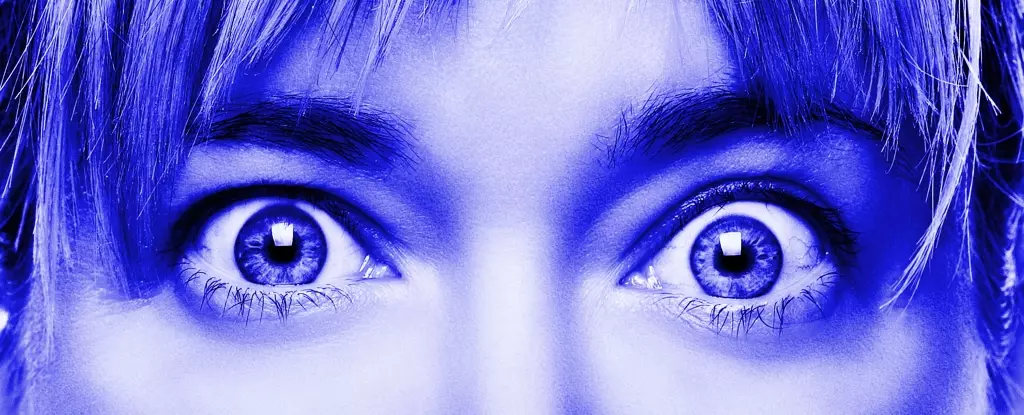Repetition is a fascinating aspect of human memory that often leads to strange and uncanny experiences. While most people are familiar with the concept of déjà vu, the feeling of having experienced something before when in fact it is new, there is another lesser-known phenomenon called jamais vu. Jamais vu occurs when something familiar suddenly feels foreign or novel, leaving individuals with a sense of disorientation and confusion. In a recent study that won an Ig Nobel award for literature, researchers delved into the mechanisms behind jamais vu and uncovered some intriguing insights.
Unlike déjà vu, which is triggered by a sense of familiarity, jamais vu arises from a sudden sense of unfamiliarity with something that should be known. The study involved participants repetitively writing the same word and observing their reaction to the task. Surprisingly, after a certain number of repetitions, participants reported feeling a sense of jamais vu, where the familiar word started to feel strange and lost its meaning. This feeling of unreality served as a reality check, indicating that the cognitive system was becoming too automatic and repetitive.
Intriguing Findings from Experimental Studies
During the experiments, participants were instructed to write out various words repeatedly, ranging from common words like “door” to less common ones like “sward.” The results showed that around 70% of participants experienced jamais vu after a specific number of repetitions, usually occurring with familiar words. In a second experiment focusing solely on the word “the,” 55% of participants reported similar feelings of jamais vu after a certain number of repetitions. Descriptions of the experience ranged from the words losing their meaning to a sense of losing control over one’s hand, highlighting the unsettling nature of jamais vu.
While the study shed light on the peculiar phenomenon of jamais vu, it also highlighted the historical roots of similar experiments. In the early 20th century, psychologists like Margaret Floy Washburn had already explored the concept of “loss of associative power” in words that were stared at repetitively. The idea that repetitive tasks can lead to a loss of meaning and fragmentation had been documented before, but the unique contribution of the recent study was linking these transformations to the specific feeling of jamais vu.
Implications for Cognitive Flexibility and OCD Research
Understanding the mechanisms behind jamais vu has broader implications for cognitive flexibility and conditions like obsessive-compulsive disorder (OCD). The concept of “satiation,” where representations become overloaded until they lose meaning, provides insight into how repetitive behaviors can lead to a disconnection from reality. Similar effects have been observed in OCD patients who compulsively engage in repetitive behaviors, causing reality to blur and uncertainty to arise.
Conclusion: Inspiring Future Research and Insights
Receiving the Ig Nobel prize for literature was a validation of the groundbreaking research on jamais vu conducted by the team. The study not only shed light on a lesser-known phenomenon but also sparked interest in further exploration of the intricacies of memory and repetition. By uncovering the strange and unsettling nature of jamais vu, researchers hope to inspire more studies that deepen our understanding of cognitive processes and lead to innovative treatments for conditions like OCD. Ultimately, the study of jamais vu opens up a new realm of possibilities for investigating the complex relationship between repetition, memory, and reality.


Leave a Reply